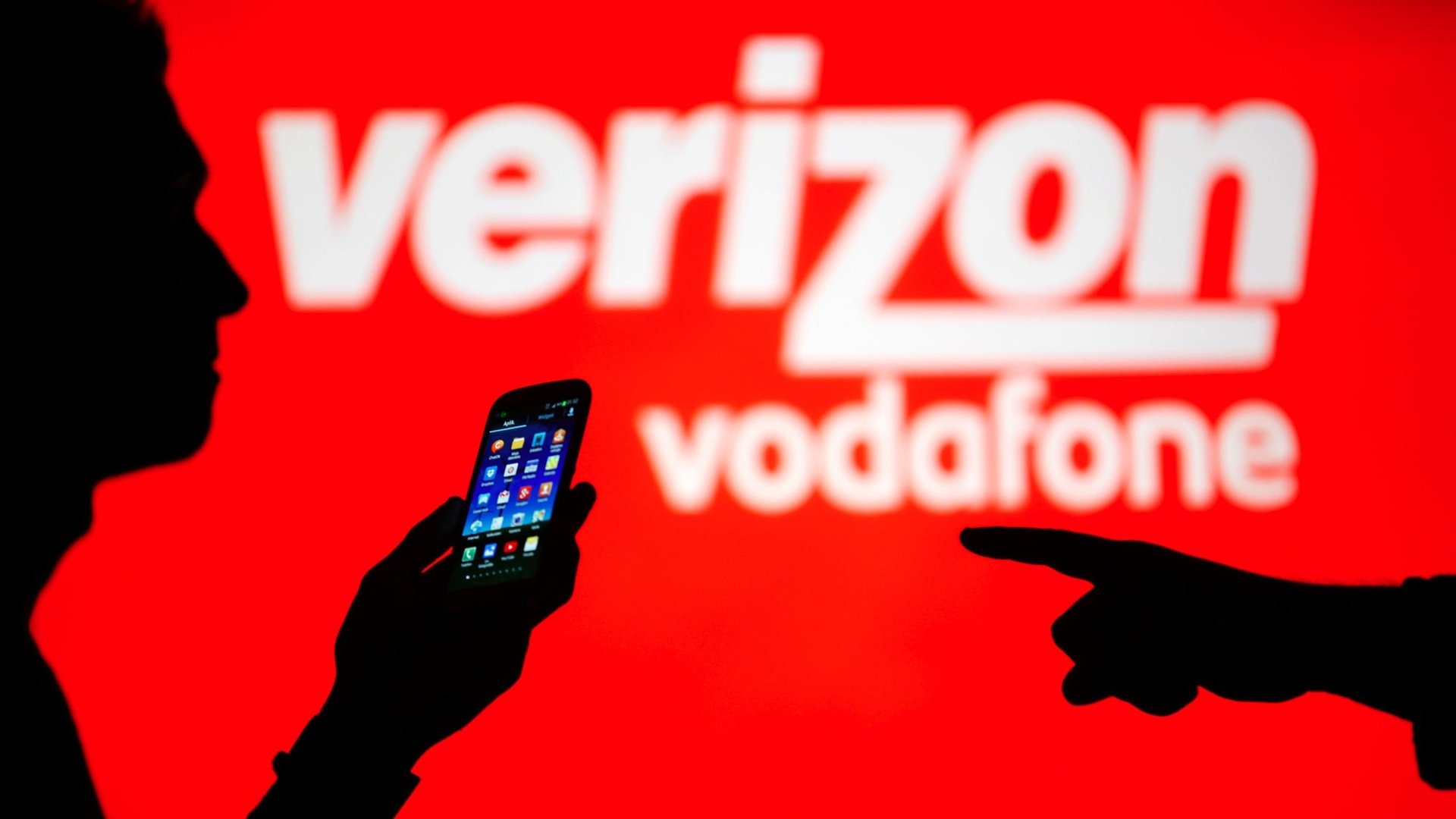The death of the (not so free) free cell phone
It’s the end of an era. Verizon said on Friday it would kill service contracts and the phone subsidies that came with them, winding down a decades-long pricing structure that tied consumers to their phone providers and determined how they paid for their smartphones.


It’s the end of an era. Verizon said on Friday it would kill service contracts and the phone subsidies that came with them, winding down a decades-long pricing structure that tied consumers to their phone providers and determined how they paid for their smartphones.
No longer will Verizon customers receive a “free” smartphone as long as they promise to stick with the phone carrier for a couple of years, or pay $200 up front for the much-coveted iPhone 6, which retails at $649. Beginning Aug. 13, Verizon customers will have to buy their phones outright or pay Verizon a monthly installment fee to rent the device. Though the latter plan can eventually cost a customer even more than $649 for the iPhone 6, it lets users trade up to newer versions. The plans will run month to month.
With competitors AT&T and T-Mobile already heading in the same direction, Verizon’s move marks a big shift in the way people pay for what’s become many people’s most prized possessions. Having a smartphone is now seen as such a necessity that the US government even subsidizes access for poor households (paywall). Some 64% of American adults now own smartphones, up from 35% in 2011, according to the Pew Research Center. Among Americans aged 18 to 24, that share is already 85%.
That shift to fancier phones has caused the amount Americans spend on telephones each year to triple between 2000 and 2012, according to the US Bureau of Economic Analysis.
Despite widespread perception that subsidies from Verizon and other carriers lessen those expenses, customers were never really getting a discount. Rather, they were absorbing their phone’s costs in the form of higher service fees each month.
That worked out nicely for Verizon in the past. More recently, though, a price war to attract customers has broken out among carriers. With manufacturers steadily ratcheting up smartphone costs, lowering service fees on contracts further has become unsustainable.
So while the sticker shock of paying the full price for a smartphone upfront might catch consumers off guard—and might lead to a temporary sales slump for manufacturers like Apple and Samsung—it’s unlikely to make that much of a difference to a household’s bottom line. Meanwhile, customers—particularly younger ones—are increasingly open to renting, as the rise of sharing services like Rent the Runway, which allows customers to rent clothes, illustrates.